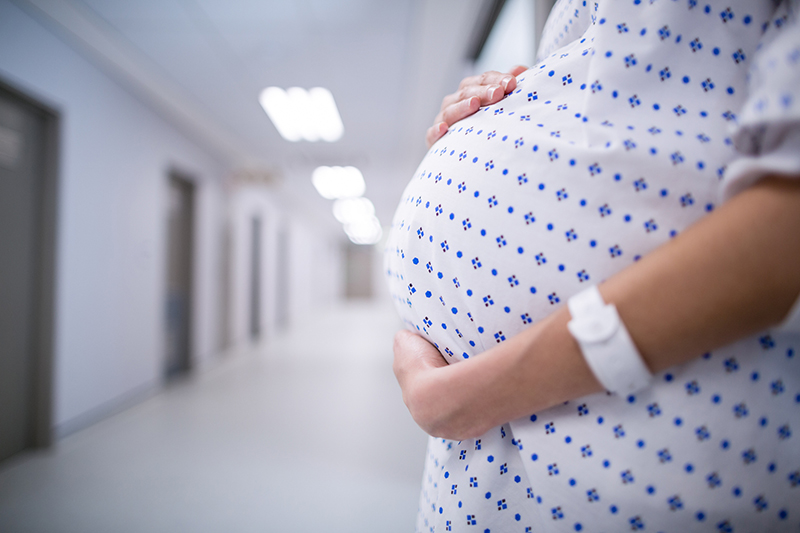Families For Life | What to Expect in the Delivery Suite

You're so close, Mummy! To get prepared, here's what to expect when you're shown to the delivery suite.
The day you've been longing for is coming soon when the bump you've been nurturing for nine months gives rise to your new bundle of joy.
Once you arrive at the hospital, you'll be seen by the midwife and doctor on duty, who will assess whether you're actually in labour. If your baby is indeed on the way, you'll be directed either to the antenatal ward or to the delivery suite, depending on the progress of your labour. (If it's a false alarm, you'll be sent home with a follow-up appointment with your obstetrician – but don't worry, you'll be back very soon for the big event.)
What checks will be carried out on me?
Once you've been shown to the delivery suite, you'll be monitored throughout your labour to check that it's progressing well. Here's what to expect:
- The doctor or nurse will check your general condition, pulse rate, blood pressure and temperature regularly.
- They may also use monitors (known as cardiotocograph or CTG), which are strapped around your tummy — it's safe — to check your contractions and your little one's heart rate.
- During this monitoring, a bleeping sound will be heard — this is perfectly normal.
- You'll be given a vaginal examination — usually every four hours — to check on progress. If your waters haven't yet broken, the doctor may do this once your cervix has started to dilate. You may feel some warm fluid trickling out when this happens.
- An intravenous (IV) line is usually inserted to keep you hydrated with fluids and to give other medications.
Will I be given any medication?
If necessary, you may be given one or more of the following to encourage your labour and help ease your wee one into the world:
- analgesics, or painkillers, to prevent or decrease your labour pains
- oxytocics, which will increase the effectiveness of your contractions (you'll be given them after delivery as well to reduce the amount of blood loss)
- antibiotics may be given to reduce the chance of infection in certain cases
- a fleet enema may be given to help empty your bowels before your delivery
Essential medications that you were given throughout your pregnancy may continue to be given to you.
Explore more
- Am I in labour?
- Cesarean section delivery
- Common medicines used during labour
- Induction of labour
- Labour and delivery - what to expect
- Pushing and delivery: is an episiotomy needed?
- Vacuum and forceps delivery
- What to expect after labour
- Your baby's childbirth journey
- Your options for a painless labour
By Associate Professor TAN Thiam Chye Head & Senior Consultant, Dr Janice TUNG Senior O&G Resident, Department of Obstetrics and Gynaecology, KK Women's and Children's Hospital
Sources:
The New Art and Science of Pregnancy and Childbirth 2008, World Scientific
Healthy Start for your Pregnancy 2012, Health Promotion Board Singapore
Copyright © 2016 HealthHub.sg. All rights reserved.